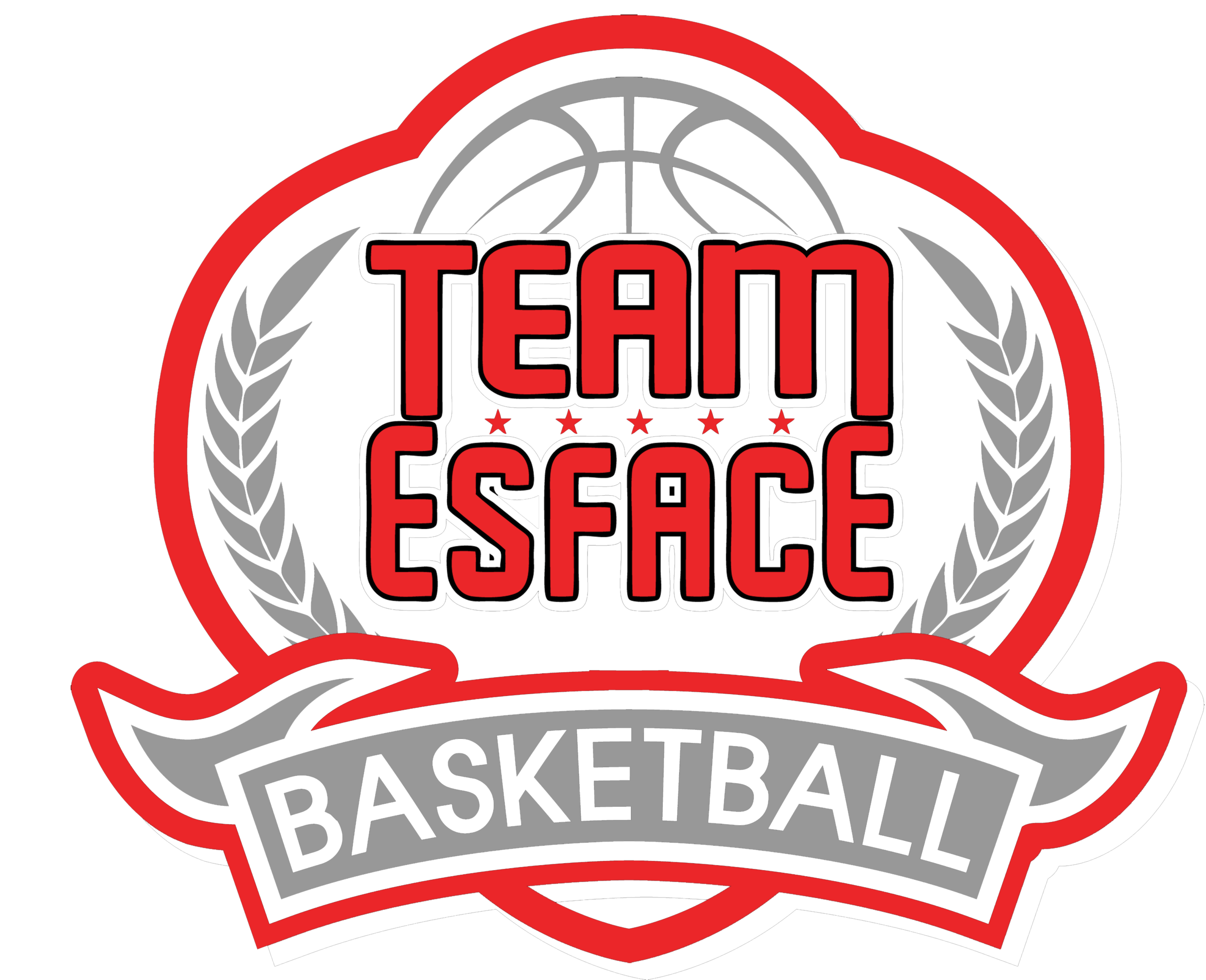3 Reasons Playing MORE Games Can Hurt a Player's Development
The low barriers to entry in youth basketball has led to exponential growth in mom and pop and local basketball teams over the past 10 years. With so many options it is hard for many players and parents to pass up on the opportunity to play MORE GAMES. But is MORE GAMES what your athlete needs? I would argue NOT. The game is always about developing and attacking your weaknesses (see Kobe article), but I would argue even more importantly at the ages of 6 - 14 before they enter high school.
Having worked with hundreds of kids myself and thousands as a program, I’ve been able to see the damaging effects of the “PLAY MORE GAMES” philosophy. When thinking about the end goal in mind, we all want our kids to be the best player they can be and to maximize their growth before they enter high school. Here are THREE reasons why playing for multiple teams in the same season HURTS the development of your player and doesn’t help them achieve that goal.
- Opportunity Cost: When you play on more teams, that usually means more practices and more games. These both take a lot of time and for the most part, team workouts are not focused on your player's individual skill deficiencies and weaknesses. This is time that can be used for the development of the athlete with respect to the MIND, BODY and SKILL. Student athletes are busy, with school, homework and extracurricular activities, playing on multiple teams will almost guarantee no bandwidth to focus on developing their skills or working on their bodies to increase performance and decrease risk of injury.
- Solution: Train more than playing games and you’ll see your kid become a better player in the long run (long run = by the time they hit High School).
- Confusing: The game of basketball has so many styles and coaching philosophies can vary. While getting exposure to a diverse mix of coaching styles and philosophies can be very beneficial, if during the same season it can be VERY confusing for a kid who is still trying to learn the game. To be expected to remember what each coach values and adjust their games and tendencies accordingly is unrealistic and almost impossible. I would urge they focus to learn from ONE program or team’s philosophy for at least a season before going elsewhere to change it up. Ideally, a program has a diverse mix of coaching styles but a consistent philosophy and vision for their athletes (see Academies like Team Esface :)).
- Solution: Choose one team to play for per season and get the most out of it, taking advantage of extra workouts as well. Make sure you and your athlete are clear on what the objectives of the team are and what concepts are being taught that season. It's a marathon not a sprint.
- Divided Loyalty: Being loyal to a team or program is shown by your commitment to, first and foremost, show up when the team meets, be it for practice or games. When a kid plays on multiple teams, it’s virtually impossible that they’ll be able to attend all the team’s events. Consequently, the kid is put in a very tough position where they feel like they let one of the teams down (both the coach and players who they presumably care about). This dilemma can potentially damage the trust between the players and his teammates and coach, trust being a crucial ingredient for all healthy, lasting relationships. It’s hard not to feel bad if you’re forced to choose one team over the other every weekend. There are ways to mitigate this conflict, however it is easier to avoid it if you ask me. Again, this is based on playing on two different basketball teams, playing multiple sports in same season is for another article :).
- Solution: Focus on being FULLY committed to ONE team/program for a season and supplement the team commitment with extra WORKOUTS or OPEN run at a local gym or rec center (or outdoor park..remember those:/).
#stayhungry #stayesface
-Coach Dele

